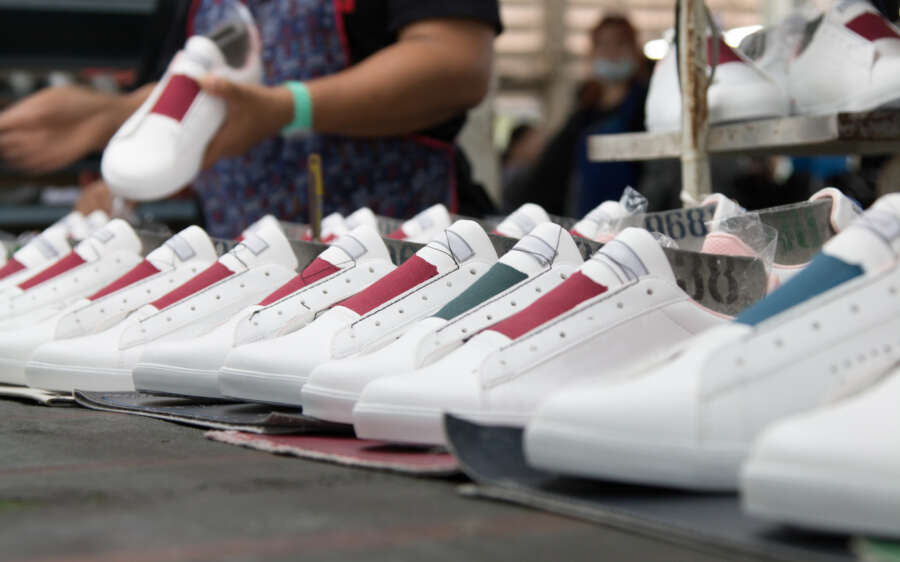
Are you looking for a career in the shoe manufacturing industry that pays well? If so, then you’ve come to the right place! This article will provide an overview of the best paying jobs in shoe manufacturing and outline some of the key responsibilities associated with these occupations. From quality assurance technicians to production supervisors, this guide will give you an inside look at what it takes to succeed in this competitive field. Additionally, we’ll discuss how much money each job typically pays and offer tips on how best to land one of these highly sought-after positions. Read on to learn more about the best paying jobs in shoe manufacturing!
Shoe Manufacturing Manager
Shoe Manufacturing Managers are in high demand due to the ever-growing popularity of shoes and other footwear around the world. This profession offers one of the best paying jobs in shoe manufacturing, with salaries averaging about $75,000 annually.
As a Shoe Manufacturing Manager, you will be responsible for overseeing all operations related to producing quality shoes on time and within budget. You will also need to ensure that safety regulations are followed at every step of production while managing a team of workers who specialize in shoe manufacturing such as cutting leather pieces, sewing parts together, gluing soles onto uppers, and inspecting final products.
Your job is integral to ensuring efficient workflow throughout the entire process from raw materials through finished product delivery!

Quality Assurance Engineer
Quality Assurance Engineers play an important role in the shoe manufacturing industry. They are responsible for ensuring that quality standards are met throughout the entire production process, from design and production to customer delivery. Quality Assurance Engineers must have a solid foundation in both the technical aspects of shoe manufacturing such as materials and processes, as well as the principles of quality assurance.
They must have knowledge of best practices for quality assurance, be proficient in problem-solving strategies, and have great interpersonal skills to work with manufacturers, suppliers, and customers. Quality Assurance Engineers must also be able to analyze data from operations and tests to identify potential defects or other issues that could impact customer satisfaction.
In addition, they often work with teams to suggest improvements or modifications to improve product quality. Quality Assurance Engineers are some of the best-paid professionals in the shoe manufacturing industry due to their expertise in this field. They typically receive competitive salaries plus benefits such as health insurance, paid time off, and other perks.
A successful Quality Assurance Engineer is always learning new methods of improvement and ways to enhance product quality while keeping up with current manufacturing trends. They must have a passion for the shoe industry and be motivated to continuously strive for higher quality standards.
As the shoe manufacturing industry continues to evolve, Quality Assurance Engineers will become increasingly important in ensuring that products are safe, reliable, and of the best possible quality.
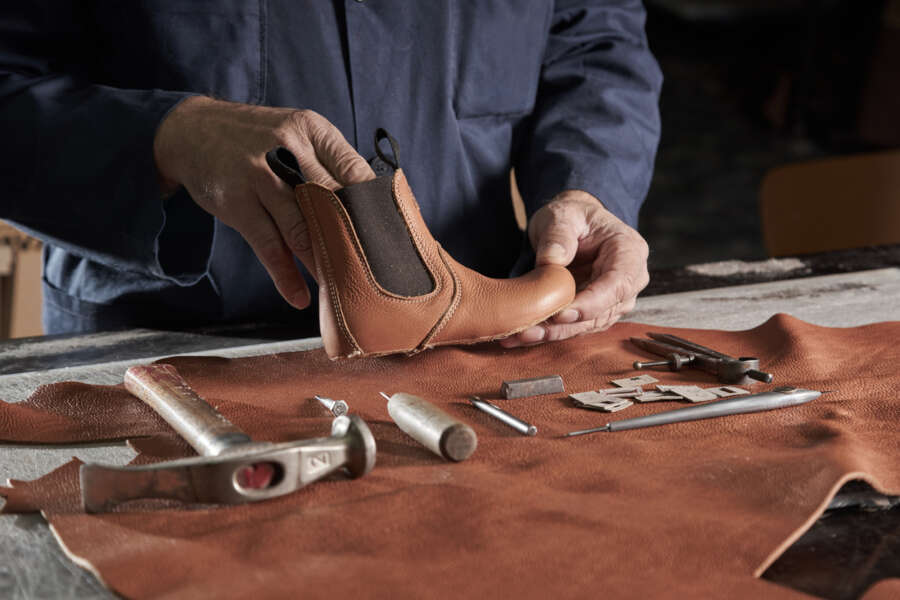
Shoe Designer
Designers in the shoe manufacturing industry are among some of the best-paid professionals. With experience and expertise, they can create and develop shoes that meet the needs of consumers.
A shoe designer is responsible for creating innovative designs that reflect current fashion trends while also ensuring product quality. They must have a keen eye for detail, as well as an understanding of business principles to remain competitive in this field. As part of their job duties, shoe designers oversee every step of production from concept to completion and collaborate with other departments such as marketing and sales teams to ensure successful product launches.
With their creative vision and technical know-how, these professionals play an integral role in the success of any shoe manufacturer’s business operations.
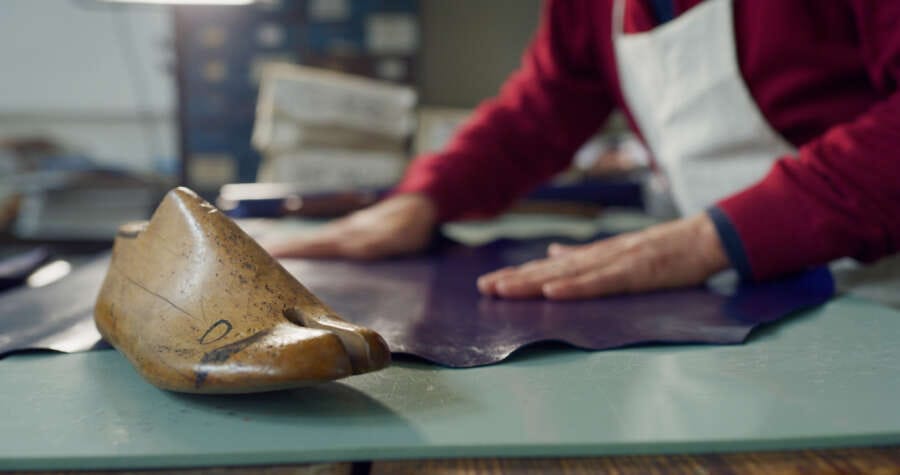
Materials Procurement Agent
A Materials Procurement Agent is one of the best paying jobs in shoe manufacturing, with a median salary of over $50,000 per year. As a Materials Procurement Agent, you will be responsible for purchasing raw materials and supplies needed to manufacture shoes. You’ll need great organizational skills and an eye for detail to manage your job duties successfully. Additionally, strong negotiation skills are essential when it comes to getting the best deals from suppliers.
With this role, you’ll have the opportunity to work closely with other departments within the company and make sure that all necessary materials are acquired on time and at competitive prices. If you thrive under pressure and enjoy working independently while being part of a more considerable team effort, then this could be an ideal career path for you!
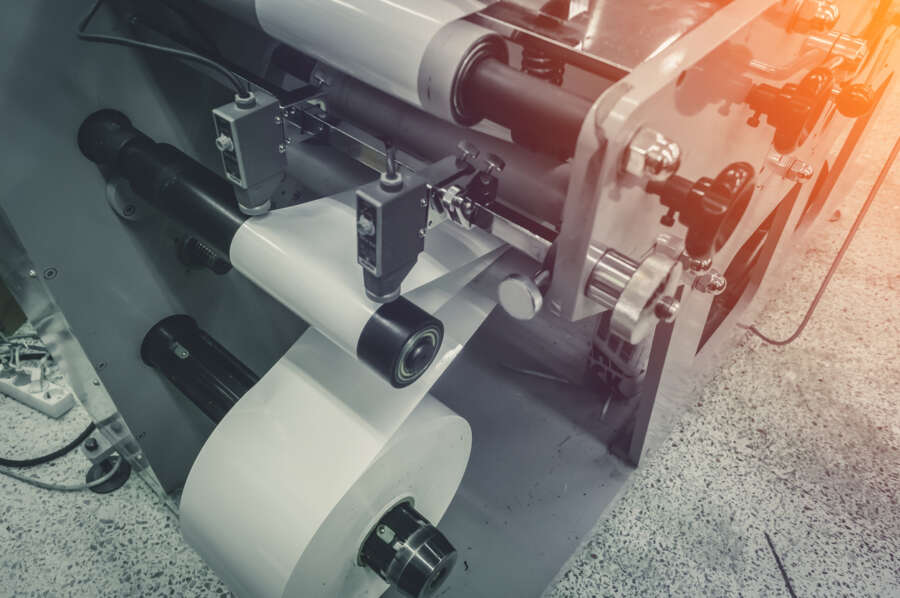
Die Cutter Operator
Die Cutter Operator is one of the best paying jobs in shoe manufacturing. This job involves operating die-cutting machines to cut and shape material for shoes or other footwear products. The Die Cutter Operator must be knowledgeable about the different types of materials used in shoemaking and use various tools such as knives, blades, and presses to cut out patterns from these materials.
They must also have good hand-eye coordination, manual dexterity, and attention to detail when creating shapes with precision and accuracy. Working conditions are often noisy due to machinery noise but may offer flexible working hours depending on the employer’s needs. With experience, Die Cutter Operators can expect competitive wages and excellent benefits packages.
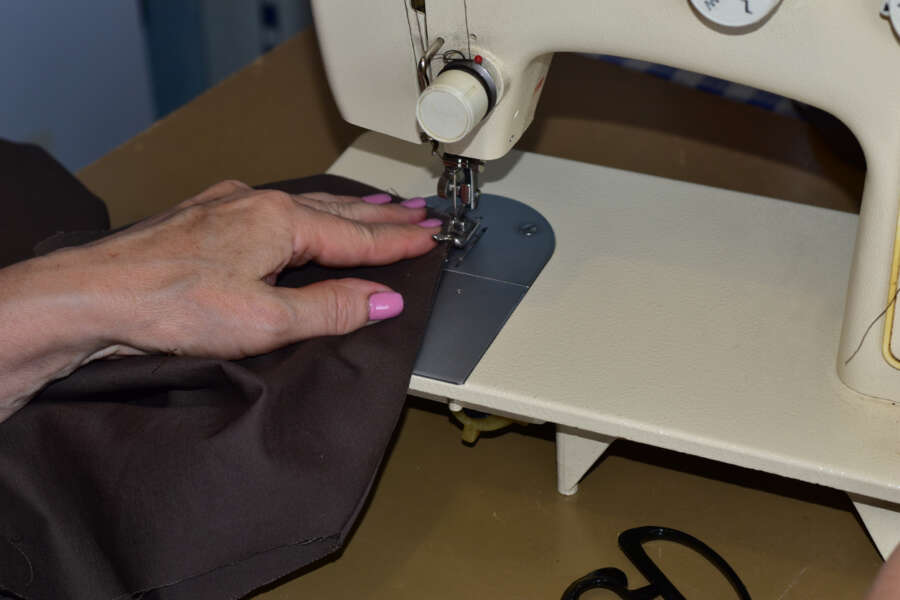
Sewing Machine Operator
Sewing Machine Operators are in high demand for their roles in the shoe manufacturing industry. These professionals use specialized machinery to sew together fabric, leather, and other materials to create shoes.
To become a Sewing Machine Operator, individuals must have strong attention to detail and manual dexterity as they will be responsible for operating machines with precision and accuracy. A high school diploma is typically required for these best paying jobs in shoe manufacturing, and employers often provide on-the-job training.
With experience, Sewing Machine Operators can expect competitive salaries and job stability in this growing field.
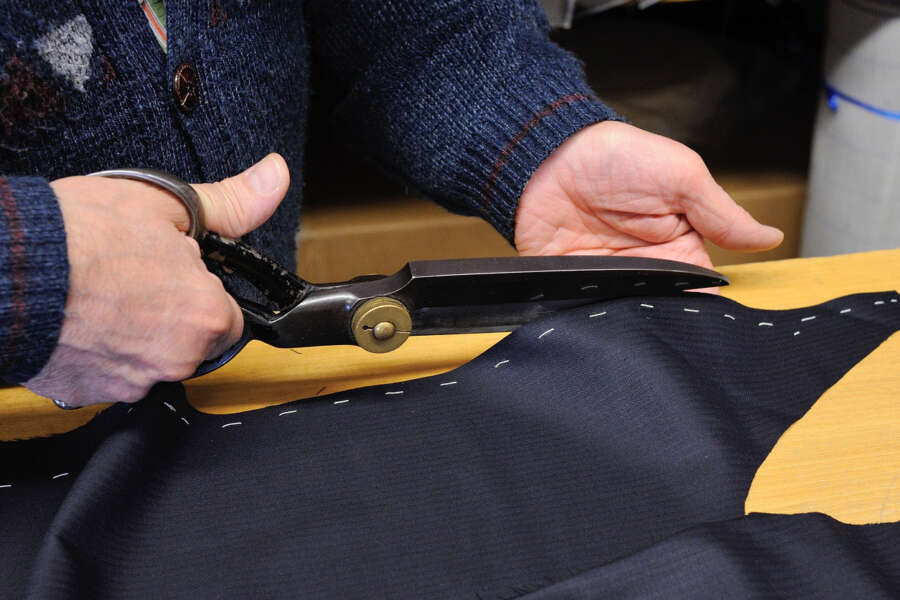
Upholsterer/Laster
Upholsterer/Laster is one of the best paying jobs in shoe manufacturing. This position involves sewing and attaching soles to shoes, as well as ensuring that the sole’s shape matches its intended design. Upholsterers/Lasters must have excellent hand-eye coordination, attention to detail, and a good understanding of stitching techniques.
This job also requires knowledge of different materials used for upholstery, such as foam or leather. Upholsterers/Lasters should be able to work on their initiative and be comfortable working with machines such as industrial sewing machines. With experience, this position can open opportunities for advancement within shoe manufacturing companies.
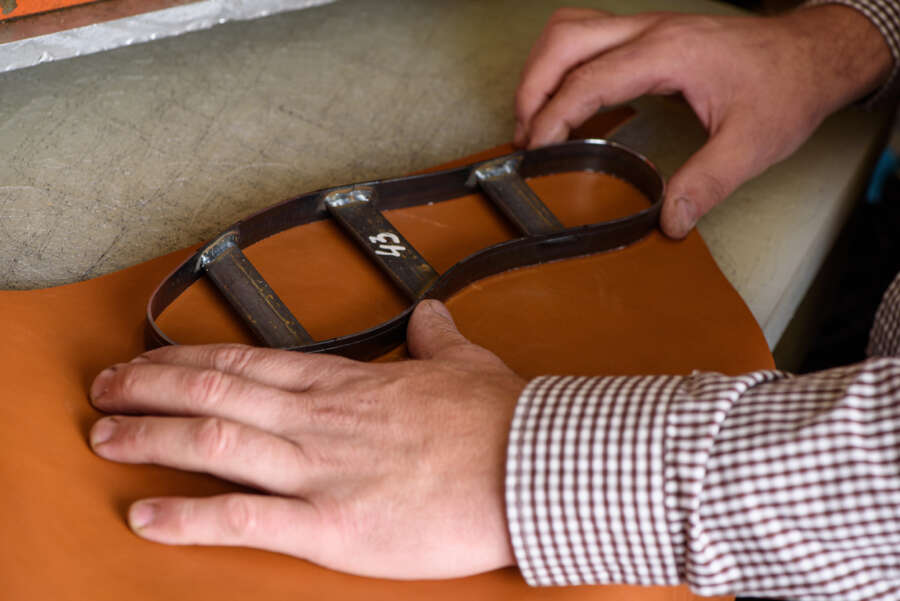
Insole Maker/Molder
Insole maker/molder is one of the best paying jobs in shoe manufacturing, offering competitive wages and job security. It involves creating insoles for shoes to provide cushioning and support, as well as customizing them according to customer needs.
This profession requires strong attention to detail, excellent organizational skills, and a good understanding of the materials used in making insoles. Insole makers/molders must also be familiar with safety regulations related to this line of work.
With the right attitude and dedication toward learning new techniques, an individual can excel in this field and become an asset to any shoe manufacturer.
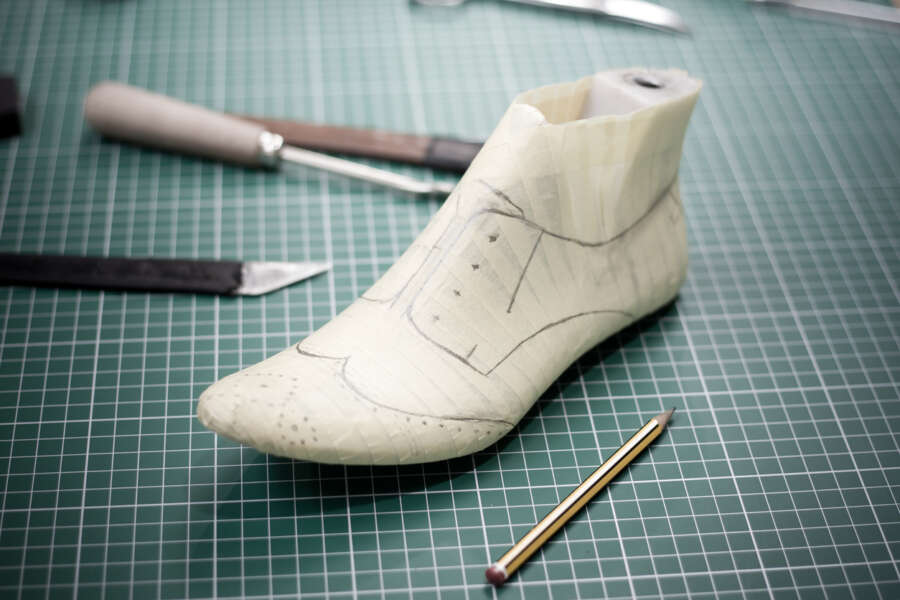
Pattern Maker
Pattern Makers are some of the best paying jobs in shoe manufacturing. As a Pattern Maker, you will be responsible for creating and altering patterns used to manufacture shoes. This job requires an eye for detail and the ability to interpret complex measurements accurately.
You must have excellent manual dexterity as well as strong organizational skills to keep track of multiple projects at once. Additionally, you should be able to work independently or with a team depending on the project requirements. With experience and training, Pattern Makers can become invaluable members of any footwear production team.
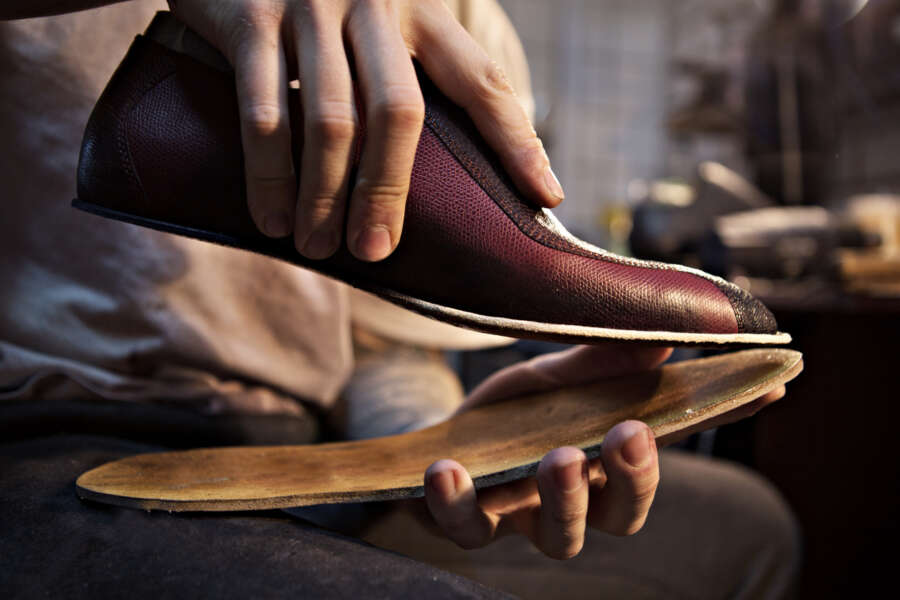
Gluer Technician
Gluer Technicians are some of the best paying jobs in shoe manufacturing. As a Gluer Technician, you will be responsible for using glue guns to attach parts and components to shoes according to design specifications. You must have an eye for detail, as accuracy is key when assembling footwear. Additionally, you must be able to work quickly and efficiently while maintaining quality standards throughout the entire production process.
Working as a Gluer Technician requires good hand-eye coordination and physical stamina since you’ll be standing for long periods at your station gluing pieces together. If you enjoy working with your hands and want a job that pays well in the shoe manufacturing industry, then becoming a Gluer Technician may be the perfect fit!
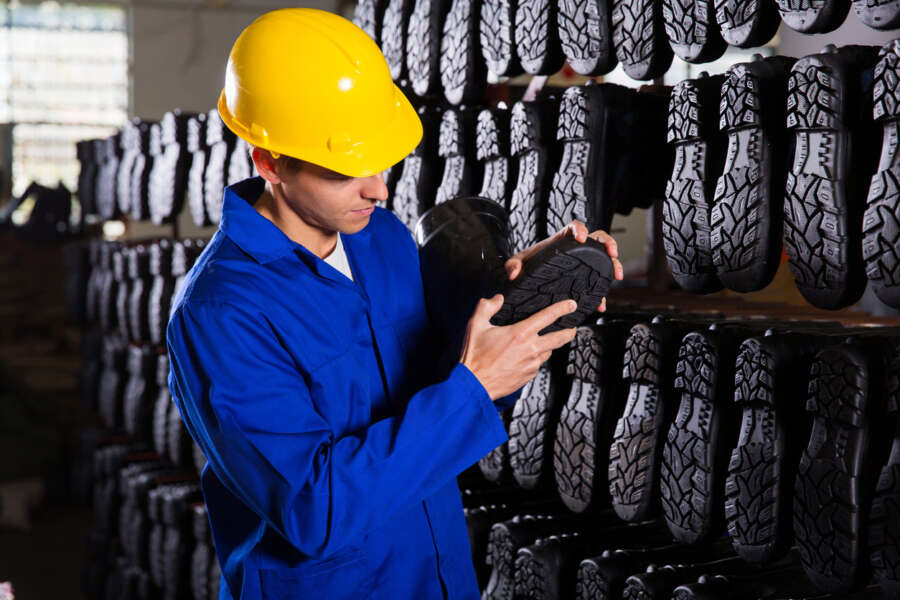
Materials Engineer for Shoes
Materials Engineers in the shoe manufacturing industry are some of the best paid professionals, and they play a crucial role in creating high-quality products. As Materials Engineers, their primary responsibility is to design and develop materials that meet the desired specifications for shoes.
They must be knowledgeable about different types of fabrics and leather and how best to combine them for optimal performance. Additionally, Materials Engineers will determine which processes best suit each material type being used to ensure maximum durability and comfort.
With this knowledge, they can create innovative designs that perform better than traditional models while also maintaining quality standards across all production lines.
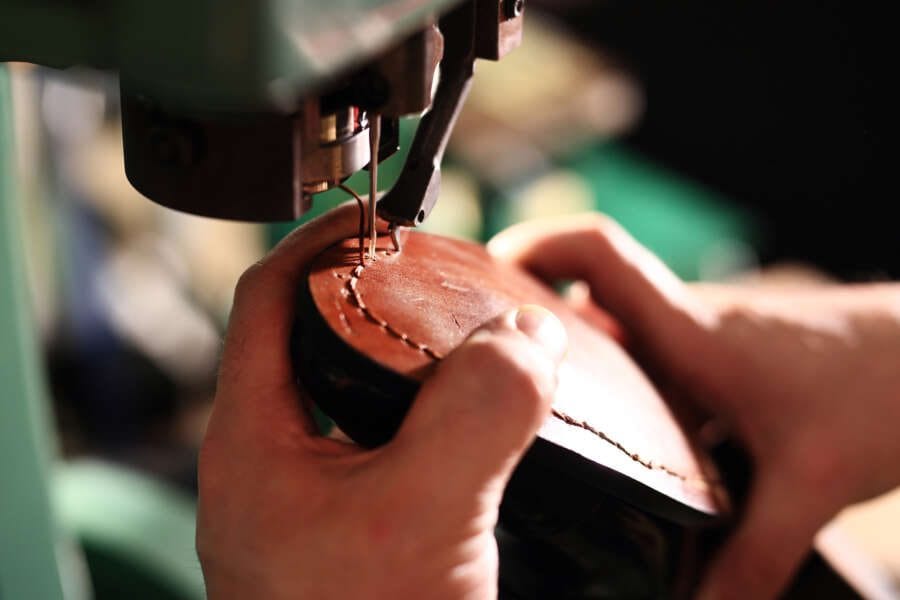
Sole Design and Development Technician
As a Sole Design and Development Technician, you are responsible for the entire design and development process of a project from conception to completion. You must be able to think strategically about how your designs will enhance the user experience while also being creative to develop unique solutions that meet customer needs. You should have excellent organizational skills so that you can manage multiple projects at once and keep track of deadlines.
Additionally, you should have strong problem-solving abilities to troubleshoot any technical issues that arise during the development phase. A successful Sole Design and Development Technician is an innovative thinker who takes initiative with their work, has excellent communication skills, and is passionate about creating exceptional products.
You will also need to be knowledgeable in the areas of coding and programming as you are tasked with creating functional designs. You should have a keen eye for detail, ensuring that your designs meet user requirements and expectations. As a Sole Design and Development Technician, you must stay up to date with the latest trends in the industry so that you can create cutting-edge designs. Additionally, you should possess strong interpersonal skills to collaborate effectively with other departments and stakeholders throughout the design process. Your ability to work under pressure while meeting tight deadlines is essential for success.
Overall, being a Sole Design and Development Technician requires an individual who is creative, organized, tech-savvy, and able to think strategically about how their designs can improve the customer experience. This is an exciting role that allows you to utilize your skill set and experience to develop unique solutions for customers. With the right mindset and dedication, you can become an integral part of a successful organization and help create innovative products.
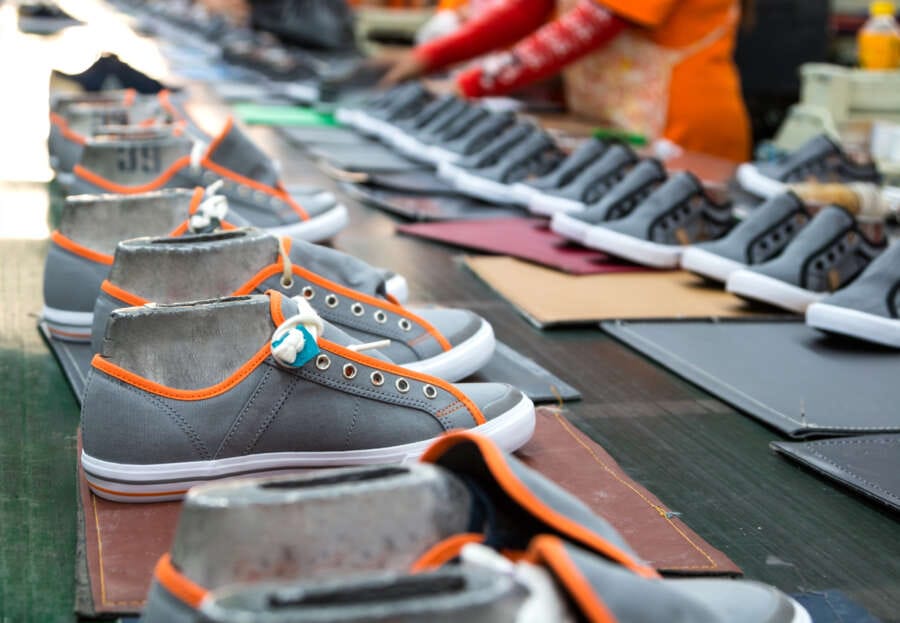
Lasting Technician
Lasting Technician is a company that specializes in providing professional technical support and services to businesses of all sizes. They have an experienced team of technicians who are dedicated to finding the best solutions for their clients.
Their services include troubleshooting, repair, maintenance, installation, and upgrades. Lasting Technician provides personalized service tailored to each customer’s individual needs, ensuring that they receive the highest quality of service possible every time. With their extensive knowledge base and years of experience in the industry, Lasting Technician’s certified technicians can provide comprehensive solutions for any technical issue with minimal downtime or disruption.
They also offer a wide range of maintenance plans to help keep your system running smoothly so that you can focus on running your business. Lasting Technician provides quality support, prompt service, and customer satisfaction every time. With their competitive rates and fast response times, they are the perfect choice for any business looking for reliable technical support. Contact Lasting Technician today to discuss how they can help you with all your tech needs.
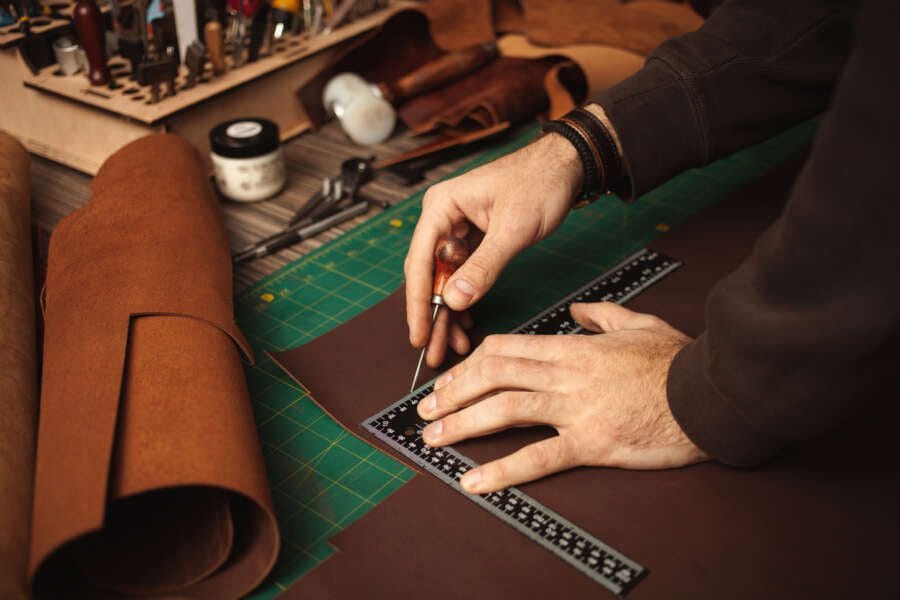
Leather Cutting Technician
Leather-cutting technicians are skilled professionals who specialize in fabricating leather products. They use a variety of tools and techniques to cut, shape, and finish leather items for upholstery, clothing, footwear, accessories, furniture, and more. Leather-cutting technicians must be detail-oriented with excellent hand-eye coordination as precision is essential when working with leather.
They must also work independently or as part of a team to meet production deadlines while producing high-quality finished products. Additionally, they should possess an understanding of basic design principles to ensure that the product meets customer expectations. With experience and dedication, leather-cutting technicians can become experts in their craft and even pursue career advancement opportunities such as becoming supervisors or managers within the industry.
In addition to leather cutting, leather technicians may also be involved in the dyeing and finishing of leather. This process involves using a variety of specialized tools and chemicals to prepare the material for use. Leather must be cleaned, buffed, treated with oils or waxes, and dyed before it can be used in garments and accessories.
A skilled technician will possess knowledge of the different types of leather available as well as an understanding of how these materials react when exposed to various treatments. They must also be able to perform repairs on multiple items that are made from leather such as bags, wallets, jackets, and other apparel items.
Finally, experienced leather technicians may become proficient in creating original designs by hand-stitching, lacing, and beading leather pieces. They will also typically know a variety of pattern-making techniques to customize items for customers. With the right training and experience, leather technicians can create beautiful works of art that are both attractive and durable.
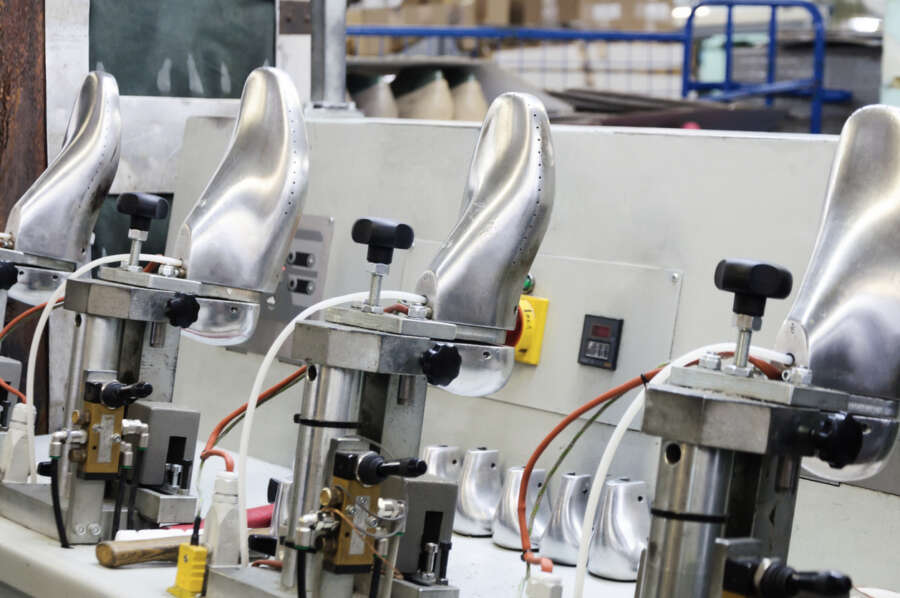
Automated Machinery Operator in the Shoe Industry
Automated machinery operators in the shoe industry are responsible for operating and maintaining automated machines used to produce shoes. They must be knowledgeable about the various types of machines, their functions, and how they interact with other components in the production process. Automated machinery operators must also possess strong problem-solving skills as well as have a good understanding of safety protocols.
Additionally, they must be able to troubleshoot any issues that arise during production or maintenance processes. The successful operation of automated machinery requires an operator who can quickly identify problems and take appropriate action without compromising quality or efficiency standards.
Automated machinery operators must be able to identify, inspect, and repair all types of machinery within the production process on time. Additionally, they may use tracking software to ensure that machines are working correctly and efficiently by checking for irregularities in performance.
Operators must also be capable of performing basic preventive maintenance on equipment such as lubricating moving parts, changing filters, etc. Finally, machine operators need to be knowledgeable about relevant safety regulations and protocols so that workers can operate machines safely and without incident.
Ultimately, automated machinery operators play an essential role in the shoe industry by ensuring the efficient operation of machines that produce high quality shoes quickly and accurately. They must possess excellent problem-solving skills as well as a thorough knowledge of safety regulations and protocols to ensure the safety of workers and the smooth operation of machinery. With their expertise and attention to detail, automated machinery operators are an essential part of the shoe production process.


